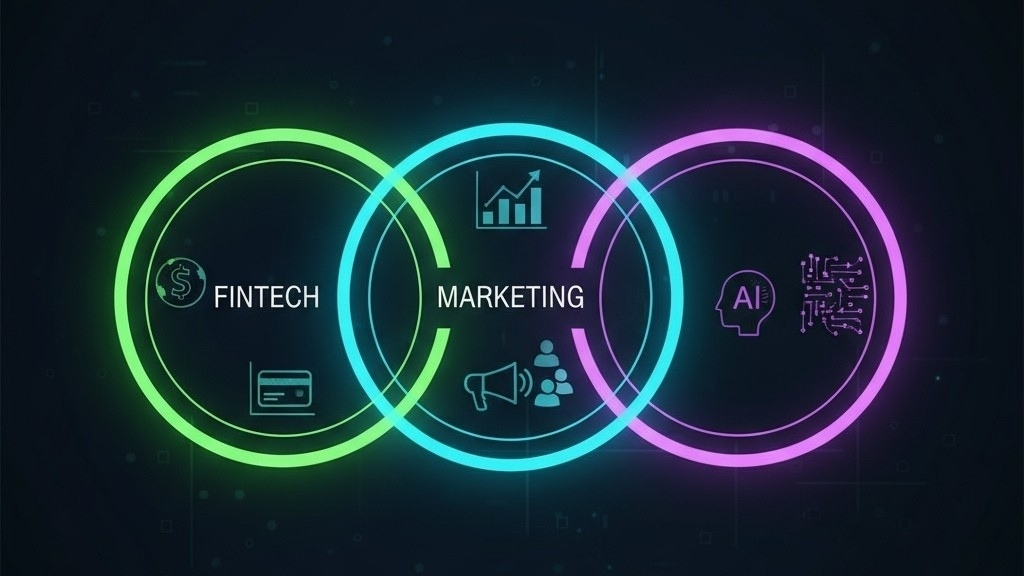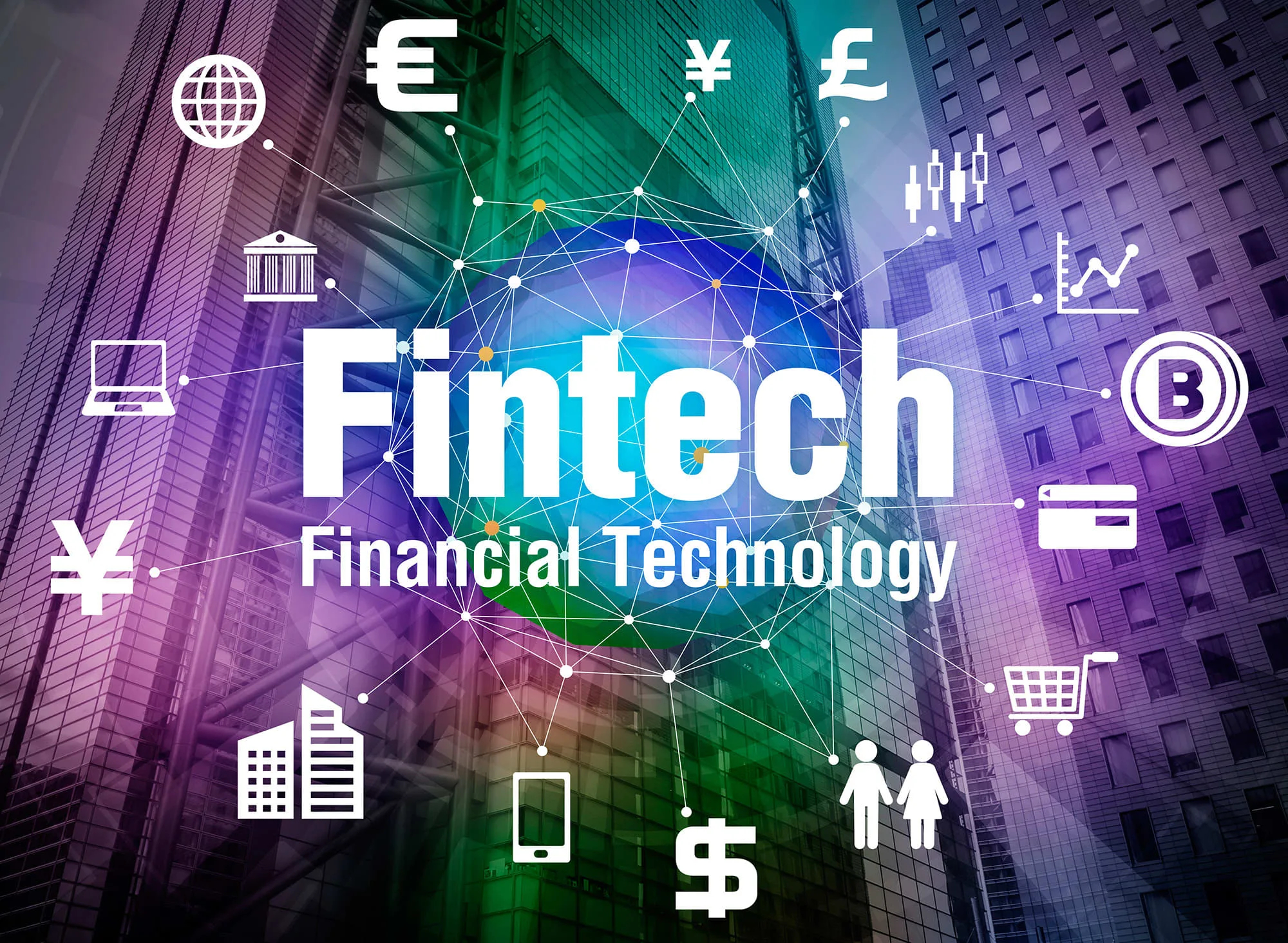The Rise of Ecosystems - Marketing, FinTech, and AI Intersection
The new rules of success at the intersection of marketing, FinTech, and artificial intelligence ecosystems


Onur Kendir
Senior Engineering Leader in Fintech, Digital Marketing, AI
Over the past week, while observing developments in the tech world, the same analogy frequently came to mind. Just as it sounds strange for a surgeon to say, 'I am a surgeon, but I don't know how to hold a scalpel,' in today's world, it is just as inadequate for a marketer to say, 'I only know advertising; I don't understand technology.'
We are no longer in an era where disciplines are separated by sharp boundaries. When we talk about digital marketing, we are not just talking about a creative campaign; we are talking about an ecosystem consisting of the data analytics behind that campaign, the automation infrastructure, and the user experience design. We see a similar transformation in finance. PayPal's integration of India's UPI system into its platform is not just a payment news item but proof of how global finance is evolving into a giant ecosystem.
This week, I wanted to focus on this big picture. The real game is no longer about being the best in a single field but begins for those who understand the intersection of these different ecosystems and build their strategy accordingly.
Strategic View
The New World Where Everything Talks to Everything
From what I've observed, the biggest mistake is to see our areas of expertise as fortresses and build walls around them. However, in the digital world, everything talks to everything.
The Marketing Ecosystem
A successful digital marketing strategy is no longer just about producing good content. It requires an understanding of performance metrics to reach the right audience, design to keep the user on the site, analytics to measure results, and automation for efficiency. These five fundamental pieces (Content, Performance, Design, Analytics, Automation) are so interconnected that a weakness in one can bring down the entire structure.
The Platformization of FinTech
The world of finance is on a similar path. In the past, banks and payment systems operated in their own closed circuits. Today, technologies like instant payments, biometric security, and AI-powered fraud detection bring different players together on the same platform. AI-driven solutions from companies like Airwallex and Ramp show that finance is no longer just about money transfer but a smart technology game.
Application-Focused
How to Take Steps in This New Game
Finding our way in this seemingly complex structure is actually based on a few fundamental principles.
1. Develop a Broad Perspective
Stepping outside your own area of expertise and learning the language of neighboring disciplines is the most critical first step. If you are marketing a FinTech product, understanding at a basic level how the API behind the product works can make your marketing message ten times more effective.
2. Find the Intersection Points
Artificial intelligence is not just a toy for the technology department. It is a powerful tool for analyzing customer behavior in marketing and for risk scoring in finance. Tools like OpenAI's AgentKit will soon enable even non-technical professionals to build complex artificial intelligence workflows. This has the potential to fundamentally change how work is done.
3. Aim for T-Shaped Competency
It is impossible to be an expert in every field. However, while specializing deeply in one area (e.g., strategic marketing), having a basic understanding of other areas like technology and data analysis (like the horizontal bar of the letter T) makes you indispensable.
Future Vision
What Awaits Us as Ecosystems Merge?
It is not difficult to predict that these three worlds will become even more intertwined in the next 1-2 years.
The Rise of Agentic Commerce
The collaboration between Microsoft and Checkout.com gives the first signals of the concept of 'Agentic Commerce.' Soon, our artificial intelligence assistants will not only find information on our behalf but will also research the most suitable financial products, make payments, and manage the entire process. This will rewrite the rules of marketing and finance.
The Peak of Personalization
Thanks to AI-powered analytical tools, offering fully personalized marketing campaigns and financial products for each user will become standard. This means that data literacy will be more important than ever.
What You Can Apply Immediately
Here are three concrete steps you can take this week to adapt this big picture to your own career or company:
1. Choose a Foreign Field
This week, spend 30 minutes reading about a topic outside your expertise (if you're a marketer, maybe 'stablecoins'; if you're in finance, 'marketing automation'). Your goal is not to become an expert, but simply to understand the basic language of that world.
2. Examine a Tool You Use
Investigate which technologies a piece of software you use in your daily work (CRM, analytics tool, etc.) integrates with and what data it uses. This will give you a practical perspective on ecosystem thinking.
3. Talk to Your Team
Have a coffee with a colleague from outside your department (for example, a developer or a data analyst). Listening to the challenges they face and the methods they use can help you look at your own work with a different perspective.
Next Episode
In the next episode, we will take this topic a step further and focus on how we can build our 'personal ecosystem.' How can we adapt our own skill set to this new world and make a difference in our careers?
If you found this content useful, I would be happy if you shared it with your network. Which of these ecosystem intersections do you see most clearly in your own field? Let's meet in the comments.
Frequently Asked Questions
What is ecosystem thinking and why is it important?
Ecosystem thinking recognizes that different disciplines (marketing, finance, technology) work not independently, but as interconnected systems that feed each other. When creating a digital marketing campaign, data analytics, automation, and user experience work together. This approach allows you to make a difference not just in one field, but at intersection points.
What is T-shaped competency and how does it benefit my career?
T-shaped competency means having deep expertise in one area (the vertical line of the T) while also having basic knowledge in other areas (the horizontal line of the T). For example, being a marketing expert while having basic knowledge of data analytics and AI topics makes you indispensable and facilitates strategic decision-making.
Why should digital marketing and fintech be considered together?
Marketing fintech products doesn't start with just creative campaigns, but with understanding the technology behind the product. Having basic knowledge of API integrations, instant payment systems, or blockchain infrastructure makes your marketing messages both more trustworthy and more effective.
What is Agentic Commerce and how will it affect the business world?
Agentic Commerce means AI assistants shopping on behalf of users, making payments, and comparing financial products. The work of platforms like Microsoft and Checkout.com in this field will rewrite the rules of marketing and finance in the near future.
What should be my first step to understand ecosystem intersections?
Spend 30 minutes daily reading about a topic outside your expertise. If you're a marketer, study stablecoins; if you're a finance professional, examine marketing automation. Your goal is not to become an expert, but to understand the basic language of that field.
What skills do I need to be successful in digital marketing?
Successful digital marketing is based on five fundamental components: content production, performance metrics, user experience design, data analytics, and automation. Having basic knowledge in each of these areas makes your campaigns more effective and measurable.

FinTech Growth Strategies
Data-Driven Digital Marketing & AI Innovation